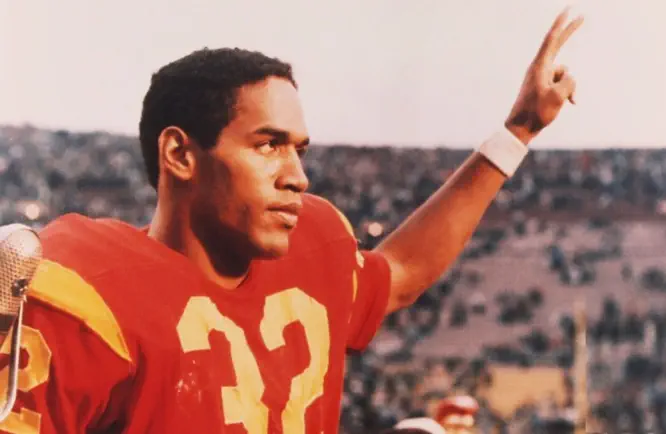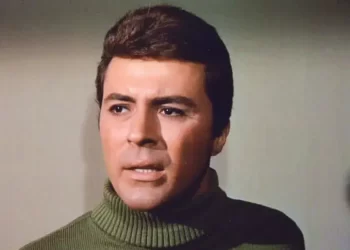 Simpson was an extraordinary athlete, known for his success on the American football field. He played 11 seasons in the National Football League and was known as “The Juice” to his fans. His sports legacy, however, was overshadowed by his notorious murder trial in the 1990s.
Simpson was an extraordinary athlete, known for his success on the American football field. He played 11 seasons in the National Football League and was known as “The Juice” to his fans. His sports legacy, however, was overshadowed by his notorious murder trial in the 1990s.
 On June 13, 1994, his ex-wife Nicole Brown Simpson and her friend Ronald Goldman were found stabbed to death outside her Los Angeles home. Simpson was charged with the murders and his trial was broadcast to millions of viewers across the nation. Despite the evidence against him, Simpson was acquitted of the charges.
On June 13, 1994, his ex-wife Nicole Brown Simpson and her friend Ronald Goldman were found stabbed to death outside her Los Angeles home. Simpson was charged with the murders and his trial was broadcast to millions of viewers across the nation. Despite the evidence against him, Simpson was acquitted of the charges.
After the trial, Simpson’s life was never the same. He faced civil lawsuits, financial troubles, and further legal issues. Despite these challenges, he remained a figure of public interest until his death.
His family announced his passing and asked for privacy and grace during this time of transition. He was surrounded by his children and grandchildren at the time of his death.

O.J. Simpson’s life was marked by extraordinary highs and devastating lows. His legacy, both on the football field and in the courtroom, will continue to be a topic of discussion and analysis for years to come.
A lawyer who represented O.J. Simpson, who died from cancer last week at 76, said Sunday that the former NFL star’s body will be cremated in the coming days, and there are no plans to have his brain donated to science.
“On at least one occasion, someone has called saying he’s a CTE guy who studies the brain,” said attorney Malcolm LaVergne, referring to chronic traumatic encephalopathy, a degenerative brain disease that has been studied in former football players and is associated with behavioral and cognitive issues related to repeated head injuries. -Read More-












